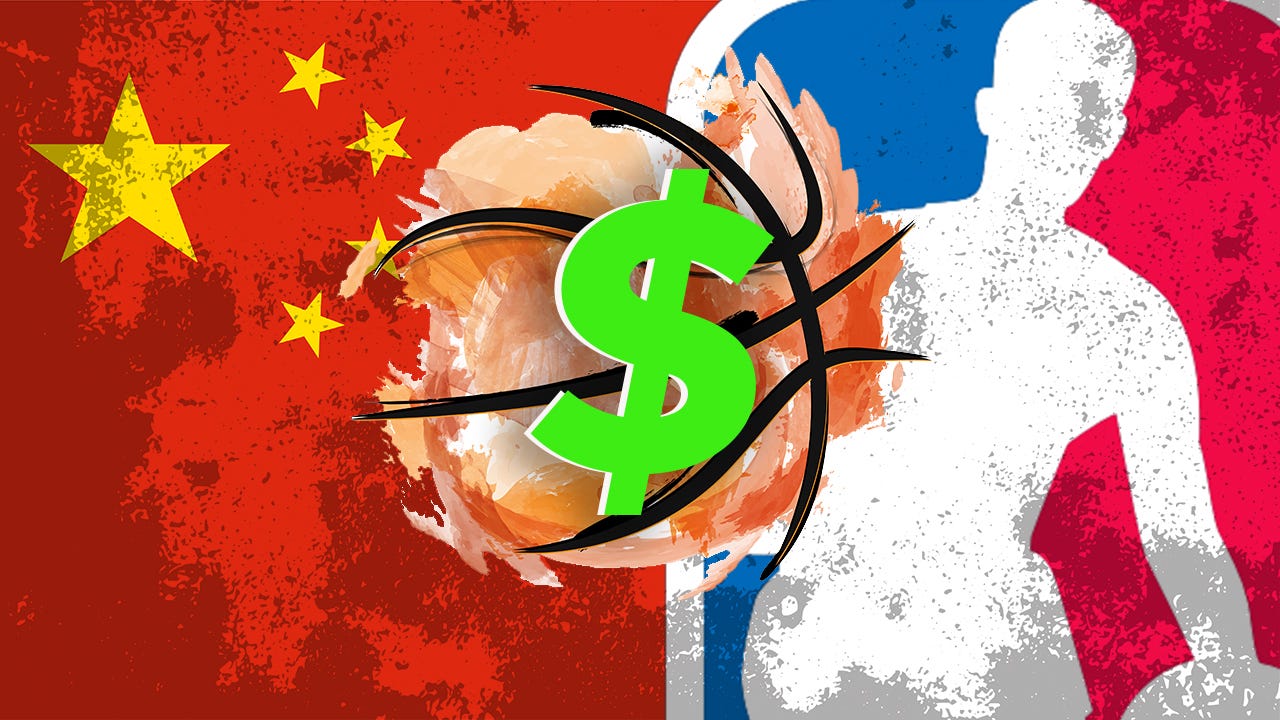This blog is written by senior AP Government and Honors Economics students at Aragon High School
Wednesday, October 30, 2019
Democratic hopeful Warren vows to bar corporate giants from hiring ex-officials
link to article
Possible presidential nominee, Elizabeth Warren, said that she would work to stop large corporations from hiring former senior government officials for at least four years, in an effort to decrease the influence of big money in government. She defined "large corporations" as any corporation that is worth more than $150 billion or has a great deal of control over their industry's market. She has incorporated several measures into her proposal aimed at getting rid of the "revolving door" between lobbyists and the government. (The revolving door is a term used to describe the process of the government hiring industry professionals for their expertise and connections to campaign donations, and in turn, the industries hiring ex-government officials to gain access to more sectors of government.) The proposed penalty for breaking this policy would be a fine equal to 1% of the company's net profit, which could be hundreds of millions of dollars for the bigger companies.
Questions:
1. If she becomes president, do you think Warren could successfully implement a policy like this?
2. If she is able to put this policy to action, is the penalty enough to deter companies from breaking the policy, or should there be more of a penalty?
3. Do you think the "revolving door" is something that needs to be addressed right away, or are there other issues that candidates should be focusing on first?
Tuesday, October 29, 2019
Trump impeachment: Officer Alexander Vindman raised alarm over Ukraine call
https://www.bbc.com/news/world-us-canada-50223635
Colonel Alexander Vindman was one of the few officials who listened in on the infamous July 25 call between Trump and the Ukrainian president, where the original discussion of the "quid pro quo" sparked. This call, in addition to many other factors, led to the ongoing inquiry, addressing abuse of executive power by Trump and his associates, national security, and America's role on the political stage. Many have argued that Trump's actions fall under the sphere of standard interactions between world leaders, while many like Vindman have described them as "improper." Some have criticized Vindman for potential dual allegiance, as he was born in Ukraine; still, even if these questions undercut the legitimacy of one witness, as a whole the inquiry is untainted.
Questions:
1. What should normal interactions between world leaders look like? As discussed so far, do Trump and Zelensky's interactions fall under this paradigm?
2. How is it possible to tell if someone's political bias undermines their judgment in politically-charged cases such as this impeachment inquiry? Are there instances of this occurring so far?
3. Is Trump accurate in calling this inquiry a "witch hunt"? Why or why not?
Colonel Alexander Vindman was one of the few officials who listened in on the infamous July 25 call between Trump and the Ukrainian president, where the original discussion of the "quid pro quo" sparked. This call, in addition to many other factors, led to the ongoing inquiry, addressing abuse of executive power by Trump and his associates, national security, and America's role on the political stage. Many have argued that Trump's actions fall under the sphere of standard interactions between world leaders, while many like Vindman have described them as "improper." Some have criticized Vindman for potential dual allegiance, as he was born in Ukraine; still, even if these questions undercut the legitimacy of one witness, as a whole the inquiry is untainted.
Questions:
1. What should normal interactions between world leaders look like? As discussed so far, do Trump and Zelensky's interactions fall under this paradigm?
2. How is it possible to tell if someone's political bias undermines their judgment in politically-charged cases such as this impeachment inquiry? Are there instances of this occurring so far?
3. Is Trump accurate in calling this inquiry a "witch hunt"? Why or why not?







/cdn.vox-cdn.com/uploads/chorus_image/image/65436518/1174730353.jpg.0.jpg)



